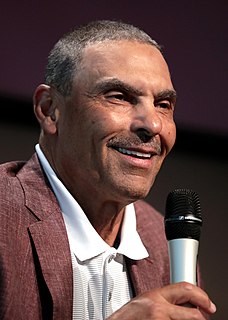A Quote by Aristotle
In the works of Nature, purpose, not accident, is the main thing.
Related Quotes
Every little thing has a purpose, at the same time, it has no purpose because this whole thing is a game. It is the existence which is total, beyond purpose. So you can say, virtually there is no purpose. If at all you have to pin down to a purpose then the purpose of nature is to take you to the Source, is to remind you of the Source, connect you to your Source.
Music may appeal to crude and coarse feelings or to refined and noble ones; and in so far as it does the latter it awakens the higher nature and works an effect, though but a transitory effect, of a beneficial kind. But the primary purpose of music is neither instruction nor culture but pleasure; and this is an all-sufficient purpose.
In the biblical worldview, the purpose of all creation is to benefit man. This anthropocentric view of nature, and indeed of the whole universe, is completely at odds with the current secular idealization of nature. This secular view posits that nature has its own intrinsic meaning and purpose, independent of man.
The scientist who recognizes God knows only the God of Newton. To him the God imagined by Laplace and Comte is wholly inadequate. He feels that God is in nature, that the orderly ways in which nature works are themselves the manifestations of God's will and purpose. Its laws are his orderly way of working.










































